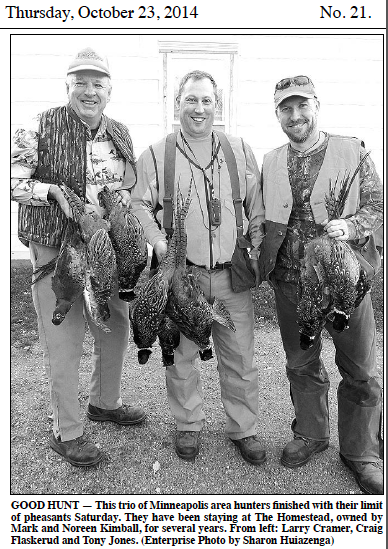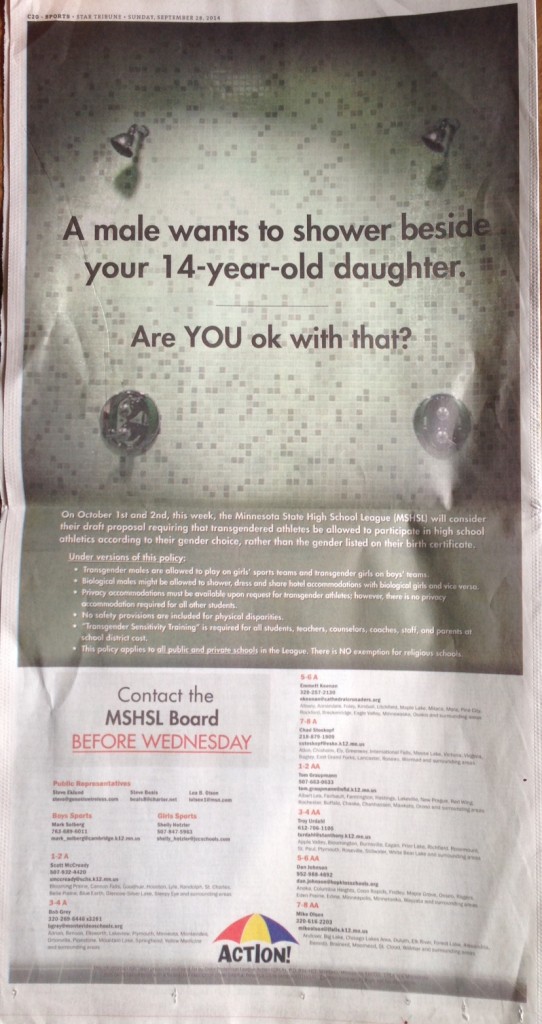This weekend marks the opening of waterfowl season in Minnesota. Due to soccer, baseball, and Irish dance with the kids, I won’t get up north to hunt until the middle of next week, and it’s likely that there won’t be many ducks left. Sure, there’s a cold front coming over the weekend which will push ducks south, and once ducks have been shot at, they tend to get pretty skittish about landing into a group of decoys.
But the bigger reason is that ducks don’t migrate through Minnesota anymore. There was a day when tens of thousands of ducks that summered in Canada would fly south along the Mississippi River — what’s called the Mississippi Flyway. But no more.
Decades ago, there was lots of standing water in Minnesota in the fall. More primitive farming techniques meant that cultivated fields were left with both leftover corn in the fields and potholes with three to six inches of water. This is exactly what ducks need as they make the long journey to the Gulf of Mexico.
But as margins got tighter for farmers and irrigation technology advanced, farmers left little corn on the ground and made sure they weren’t losing any acreage to standing water. As corporations have taken over family farms, those trends have only reified.
The ducks have responded by moving west, making the Central Flyway now the favored path for the favored species of Minnesota hunters: the mallard.
But, regardless of the lack of ducks, I’ll head up to our family cabin next week, just miles from the Mississippi River. I’ll get up early, lay out a spread of decoys, and hunker down with my Mossberg 500.
And the reason I’ll do it is for Albert. My one-year-old yellow lab is still a pup. He’s not ready to hunt upland birds yet — if I took him out this fall, he’d take off after a pheasant, flush it far out of my shooting range, and keep running till God knows when. Next summer will be spent teaching him to quarter.
But he can retrieve. It is, as they say, what he was born to do. So I’ll take him out to the duck blind and hope that I can coax a duck or two into the decoys and make a decent shot. Then Albert will get the chance to fulfill what millennia of evolution and centuries of breeding have wrought, and bring a bird to his master’s hand. Maybe with one or two ducks in the bag, we’ll hike back to the cabin, clean the bird, wrap it in bacon, throw it on the grill, and enjoy it with some wild rice on the side.











